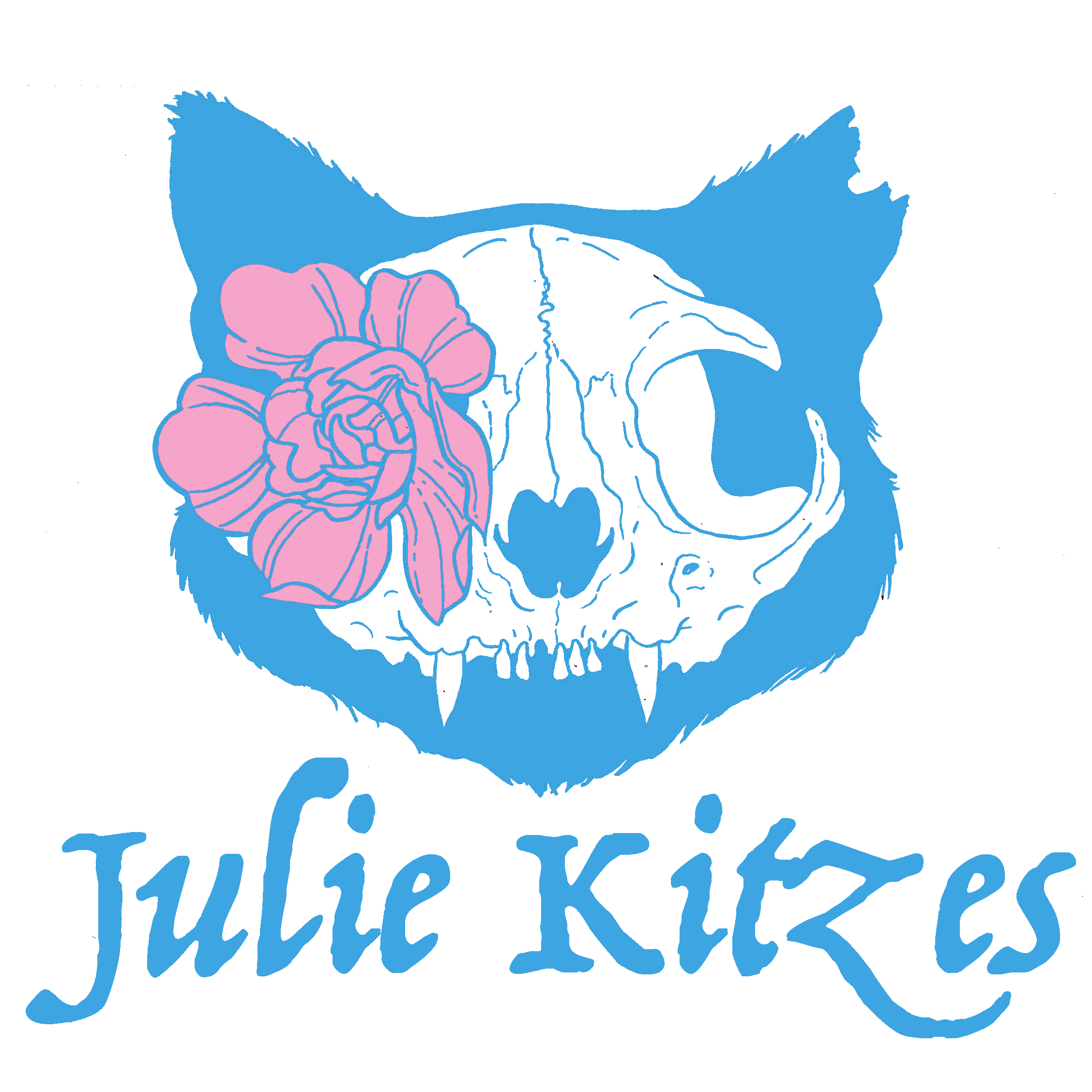Aphantasia is the name given to a lack of a functioning “minds eye”. One with aphantsia cannot visualize imagery in their mind, and often people don’t even know that they are lacking in this regard until it comes up in conversation later in life. I’m one of those people, and am also a visual artist. I know, right? It doesn’t seem as though those things would go together.
From what I’ve read there is congenital aphantasia (you’re born with it) or acquired aphantasia (it develops after an injury or procedure). I think I have the congenital type because I don’t ever remember having visual imagery in my mind, but honestly after 6 neurosurgeries and some resulting brain damage, my memory isn’t the best and it’s entirely possible that I used to, and just don’t remember them now.
So if I don’t have mental images, what’s going on in my brain? I suppose “feelings, concepts, and auditory thoughts” would be the best way to put it. I always thought expressions like “counting sheep” were just turns of phrase and it blew my mind to find out that other people can actually visualize sheep in their mind. I first found out about aphantasia when listening to a “Stuff to blow your mind” podcast where they discussed the topic.
So what other effects does aphantasia have? Well, for one, I hate reading fiction books. I always have. I never understood how people could get lost in a book and enjoy it the way they do a film. To me it was always about memorizing facts about a character and their actions and often I couldn’t have cared less about it. In fact I thought writers were being tedious and pointless by using imagery words in their writing because I thought “what’s the point of this?”
I tried improving my memory a few times by creating a “memory palace” but the concept was so foreign to me I thought I must be missing something and I figured the idea of visualizing something crazy to remember a fact was more of a metaphor. I remembered a lot of medical terminology in college by equating words with silly phrases of using dirty mnemonics to remember the nerves of the head, but never was there anything visual about it.
Interestingly aphantasia is often associated with prosopagnosia (or facial blindness), which I definitely don’t have. If you asked me to draw someone from memory I couldn’t do it at all, but I am a champ at recognizing faces when I see them. One time while waiting in line at the post office I recognized the woman in front of me as a realtor who showed me an apartment one day several years earlier. Frequently I’ll draw connections in film and television and say “oi, that person played the mother on that one episode of this other show that we watched once”. So my visual memory is intact, I just can’t do it in my head. I think of it like I can do math if I have a pen and paper but I can’t necessarily work it out in my head. (Perhaps because I can’t visualize and hold numbers in my mind).
So how the heck am I an artist if I can’t visualize images in my mind? Well, I’ve learned that imagination is a highly subjective term. I depend heavily on references and working out what I plan to draw in compositional sketches before I launch into the final piece. I also use a technique called “photobashing” which is very much frowned upon by the artiste elite – especially digital artists. Basically I collage reference images together and create my composition in this way because my brain doesn’t want to do it for me. I’m lucky to have friends and a husband who are often willing to model for me. In this way I’m able to quickly experiment on the screen and move things around until I find something that suits my needs and adjust accordingly.
I also write a lot in my sketchbooks. Every sketch idea is surrounded by arrows and little explanations of what I am meaning to do. Generally the artists I’ve met avoid writing anything in their sketchbooks ever but my brain works better at idea generation by making lists than it does making thumbnail sketches which are a lot of work in and of themselves for me.
One thing I tend to excel at over imaginative drawing is drawing from life or painting detailed images from high resolution reference images. I’ve become good at seeing as an artist and can pick up the correct proportions and subtle hues of things.
I often feel robbed knowing that other artists have the advantage of seeing an image in their mind and being able to create out of thin air, but on the other hand, being an artist with aphantasia has taught me to be resourceful and create workarounds for these problems that I thought everyone struggled with. Whatever doesn’t kill you makes you stronger. Or in my case, whatever doesn’t creatively stunt you makes you a better artist.
